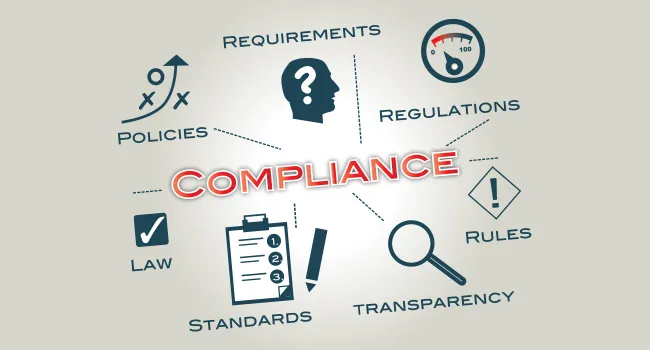I recently had the honour of joining fellow changemakers from Ghana, Malawi, Zambia, and the UK at a powerful learning event in Chisamba, Zambia. Hosted by the Zambian Governance Foundation as part of the Shifting the Power Programme, the gathering was rich with insight. But one session stood out and stayed with me, compliance.
Yes, compliance. That word we often associate with strict rules, heavy paperwork, and stressful audits. But this conversation helped me see compliance in a new light and raised bold questions that are too important to ignore.
What is Compliance, Really?
At its most basic, compliance means following agreed rules, usually set by donors to ensure their money is used properly. It involves reports, receipts, risk registers, and more. And yes, compliance can help protect against fraud or misuse.
But here is the big question we asked in Chisamba:
Who decides what those rules are and why?
And even more importantly:
Do those rules truly support the work we are doing or do they just help people feel in control?
Compliance is Not Neutral
We often think of compliance as technical or harmless, just part of how things work. But as we unpacked the topic, we realised something deeper:
Compliance is not just about rules. It is about power.
The way compliance is designed today often reflects a one-sided relationship: donors set the rules, and organisations in the Global South must follow. This top-down approach creates pressure and mistrust. It can make African organisations feel like they’re always being watched or doubted.
Worse still, these rules are often based on foreign ideas of risk, accountability, and performance, with little space for local knowledge or ways of working.
Where Did These Systems Come From?
We asked: Where did the culture of compliance come from?
Many of the current tools and frameworks, like the logframe or strict financial reporting, have roots in colonial and bureaucratic systems. These systems were designed to control, not to collaborate. Over time, they were carried over into development aid, where they’ve continued to shape how organisations are judged.
This history matters. Because if we are not careful, compliance can quietly reinforce old inequalities. It can tell a story that says: “You need to prove yourself to us. We know best.”
What’s Missing in Today’s Compliance Systems?
We identified three major gaps:
- Context: Most compliance systems ignore the local realities CSOs face, whether it is limited internet access, inflation, political pressure, or the need to adapt quickly.
- Relationships: Compliance is treated as one-way. Organisations report up to donors, but there’s little accountability in the other direction. There’s rarely space for mutual feedback or shared responsibility.
- Purpose: We get so caught up in proving we did something (through receipts, numbers, forms) that we forget to ask the real question: Did it work? Did it help people? Did it create lasting change?
What If We Reimagined Compliance?
This is the heart of what we explored: What would compliance look like if it truly shifted power?
Here are some of the ideas we surfaced:
1. Co-create the Rules
Instead of donors deciding everything, what if partners worked together to design the rules? That way, the rules would reflect shared values, real contexts, and mutual respect.
2. Make It Two-Way
Just as CSOs must report to donors, donors should also be accountable, for delivering funds on time, being transparent about decisions, and listening when things go wrong.
3. Adapt to Different Relationships
Not all partnerships are the same. A small grassroots group shouldn’t be expected to comply the same way as a large international NGO. Compliance should be proportionate and fair.
4. Focus on Outcomes, Not Just Honesty
Instead of just asking, “Did you spend the money correctly?” we should also ask, “What did the work achieve? What changed for the people you serve?”
5. Replace the Logframe with Learning Tools
Logframes are rigid. They don’t allow for surprises or shifts in strategy. We need more flexible, learning-based tools that help organisations reflect, adjust, and grow – not just report.
Why This Matters
If we’re truly committed to local leadership, community ownership, and equitable partnerships, we must be willing to let go of outdated control systems.
Compliance should build trust, not fear.
It should support learning, not punish mistakes.
It should be about partnership, not policing.
A Call for Honest Conversations
I left Chisamba deeply inspired, but also challenged. Rethinking compliance is not just about improving systems, it is about transforming relationships. It asks us to trust one another more. To listen better. To let go of power where needed.
This shift won’t happen overnight. But it starts with honest conversations, like the one we had in Zambia.
So here is my challenge to all of us, donors, practitioners, community leaders:
Let us stop treating compliance as a box to tick.
Let us start treating it as a space for co-creation, accountability, and collective care.
Read more articles by Charles Kojo Vandyck
Also, read his book titled The Art and Science of Consistent Leadership: Steady Steps to Extraordinary Impact. You can find it on Amazon here: The Art and Science of Consistent Leadership.

